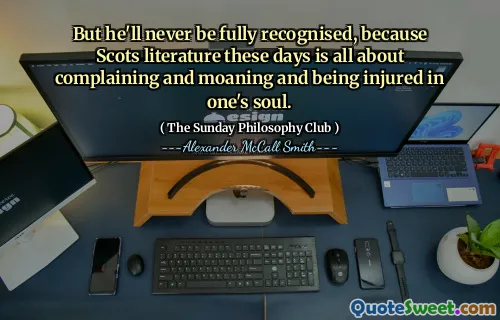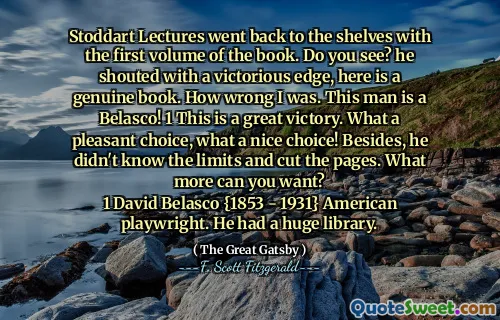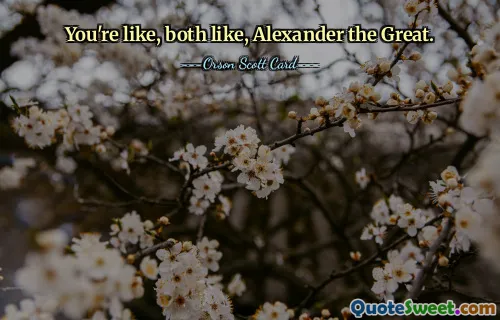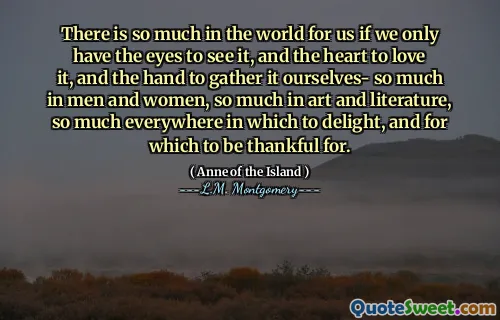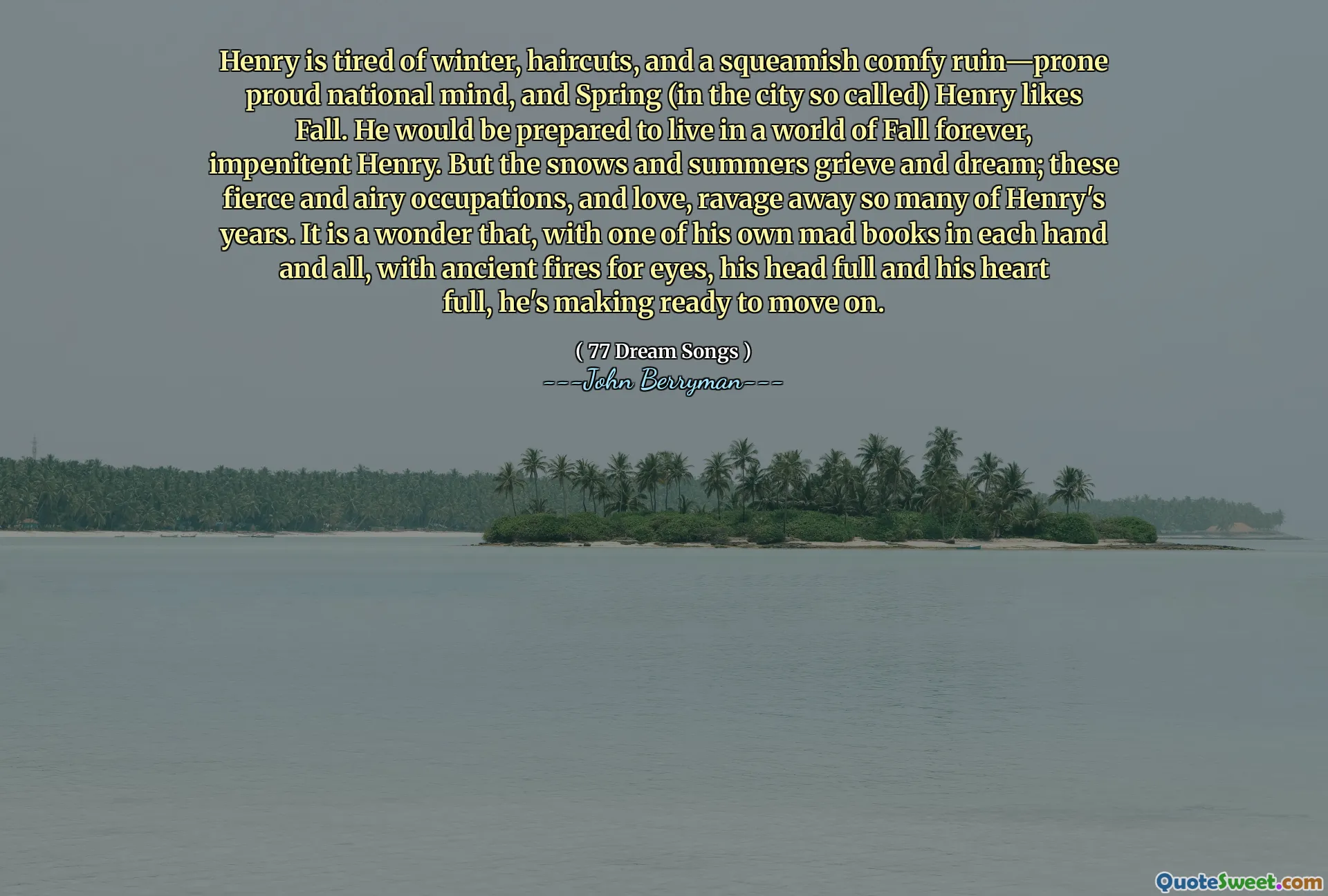
Henry is tired of winter, haircuts, and a squeamish comfy ruin—prone proud national mind, and Spring (in the city so called) Henry likes Fall. He would be prepared to live in a world of Fall forever, impenitent Henry. But the snows and summers grieve and dream; these fierce and airy occupations, and love, ravage away so many of Henry's years. It is a wonder that, with one of his own mad books in each hand and all, with ancient fires for eyes, his head full and his heart full, he's making ready to move on.
This passage vividly captures a complex inner landscape, reflecting a person caught between seasons of life and emotion. The recurring references to seasons—fall, winter, summer—highlight a preference for the contemplative, melancholic beauty of autumn, symbolizing a desire for stability and introspection. Henry's weariness with the trappings of change, such as winter and haircuts, suggests a yearning for familiarity and comfort amid life's chaos. The mention of a “proud national mind” and the cityscape hints at a broader identity tied to place and heritage, resonating with a deep sense of belonging. Yet, despite the allure of stability, the imagery reveals a fascination with the fleeting, airy pursuits of love and passion that consume years of his life. The phrase “ravage away so many of Henry's years” emphasizes the consuming nature of these pursuits, which leave an indelible mark on his identity. The final image of Henry, equipped with mad books, ancient fires for eyes, and a head and heart full, hints at resilience and readiness—signaling that despite the encounters with life's tumult, he is preparing for whatever comes next. Overall, the quote invites reflection on the cyclical nature of emotions and seasons, and the human condition of continually moving forward while carrying the echoes of past passions and sorrows.

